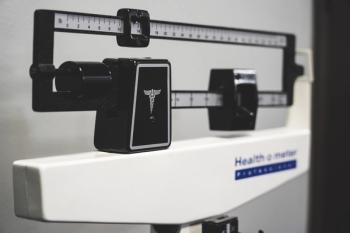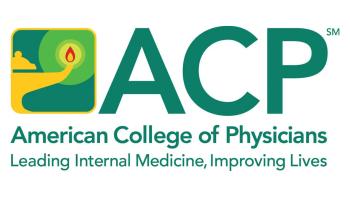
Survey: Pharmacy Students Are Aware of PrEP But Need More Education
A survey of nearly 300 pharmacy students found that 91% were aware of PrEP and 61% reported high familiarity with PrEP prescription guidelines, but knowledge gaps still remain.
As clinicians work to improve uptake and prevent HIV infection by prescribing pre-exposure prophylaxis (PrEP) to eligible patients, a team of investigators from the University of Buffalo surveyed pharmacist students about PrEP. The
Among the 291 students enrolled in a doctor of pharmacy academic training program at the University of Buffalo surveyed between October and November 2017, there was overall high awareness of PrEP (91%) and 61% reported high familiarity with PrEP prescription guidelines.
However, these high awareness rates did not transfer into knowledge of PrEP. Survey results found that 55% of participants knew the daily dosing frequency and approved medication for PrEP (Truvada) and just 44.2% knew that HIV testing was required before prescribing the prevention pill. At the same time, 38% knew the recommended HIV testing frequency for patients taking PrEP and 28% knew that reduced creatine clearance was a contraindication to prescribing PrEP.
“Our results indicate that educational efforts are needed not only to increase PrEP awareness, but also to improve knowledge of prescription guidelines, which can have a positive impact on broad patient education practices and PrEP dispensing,” wrote the investigators.
When gauging confidence in prescribing PrEP, the investigators found that 64% of participants felt confident in their ability to counsel patients about PrEP and 87% intended to counsel patients about PrEP. Those who had greater knowledge of PrEP, positive attitudes towards PrEP, and familiarity with prescribing guidelines were indicators of confidence in counseling patients about the pill.
For future education training, participants reported a need for specific training topics in order to be better equipped to counsel patients, including training on side effects and adherence monitoring. Most participants preferred receiving education online, through educational seminars in required courses, and self-study modules.
“Overall, pharmacy students had generally favorable attitudes towards PrEP,” wrote the investigators. “For example, 89% agreed that PrEP can be cost-effective to prevent HIV infection if utilized by eligible patients. Only 12% agreed that PrEP is too expensive to justify its use.”
Despite the overall favorable attitude, there were some negative perceptions of the pill: 40% believed that widespread PrEP use would substantially increase rates of antiretroviral resistance and approximately 1 in 4 thought that sexual risk behaviors could increase among those taking the pill.
Noting the proportion of participants who believed that widespread use of the pill could lead to antiretroviral resistance, the researchers explained that this finding is critical as it might inadvertently lead health care professionals to support the idea that potential risk of antiretroviral resistance outweighs the public health benefit of preventing new infections.
According to the investigators, the CDC’s release of PrEP clinical guidelines included detailed evidence from multiple randomized clinical trials that demonstrated that drug-resistant mutations were rare.
Newsletter
Stay ahead of emerging infectious disease threats with expert insights and breaking research. Subscribe now to get updates delivered straight to your inbox.

































































































































